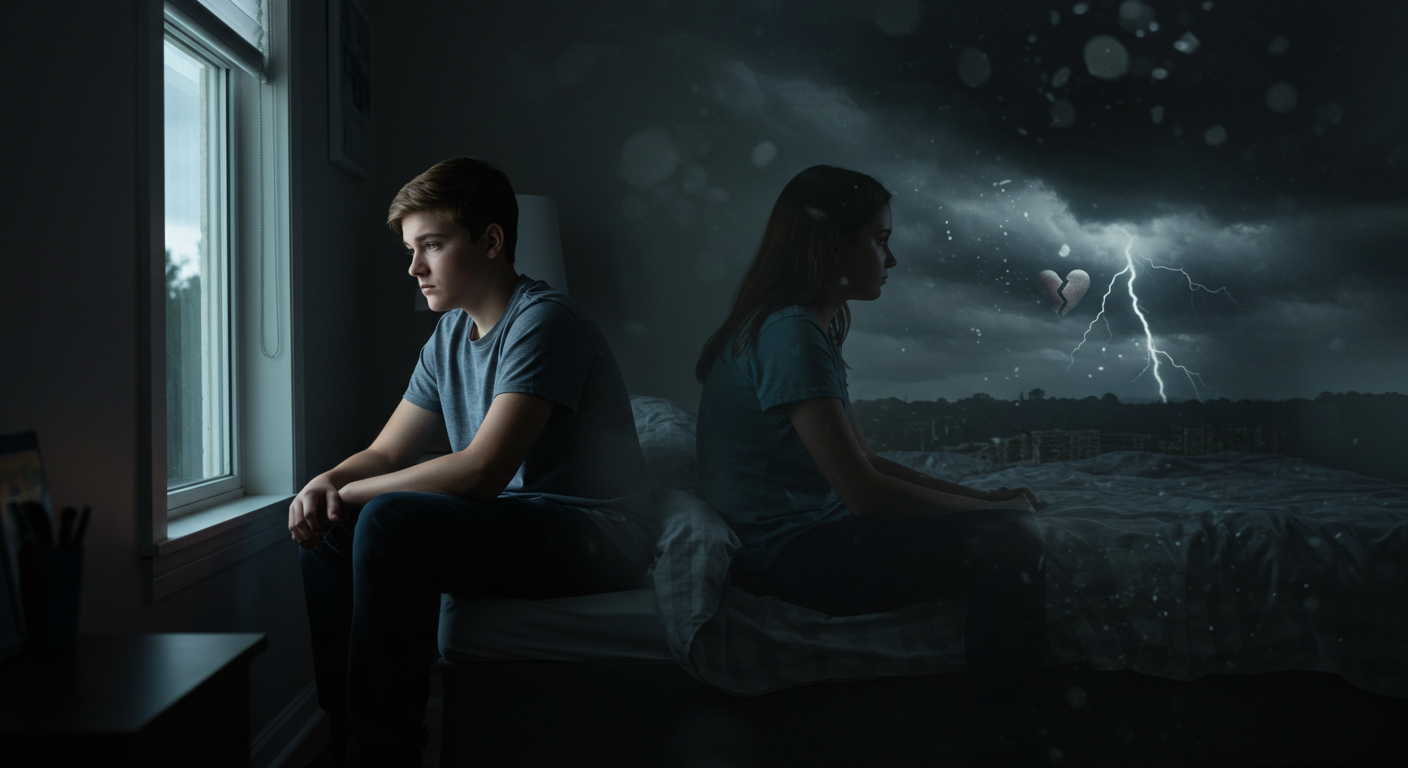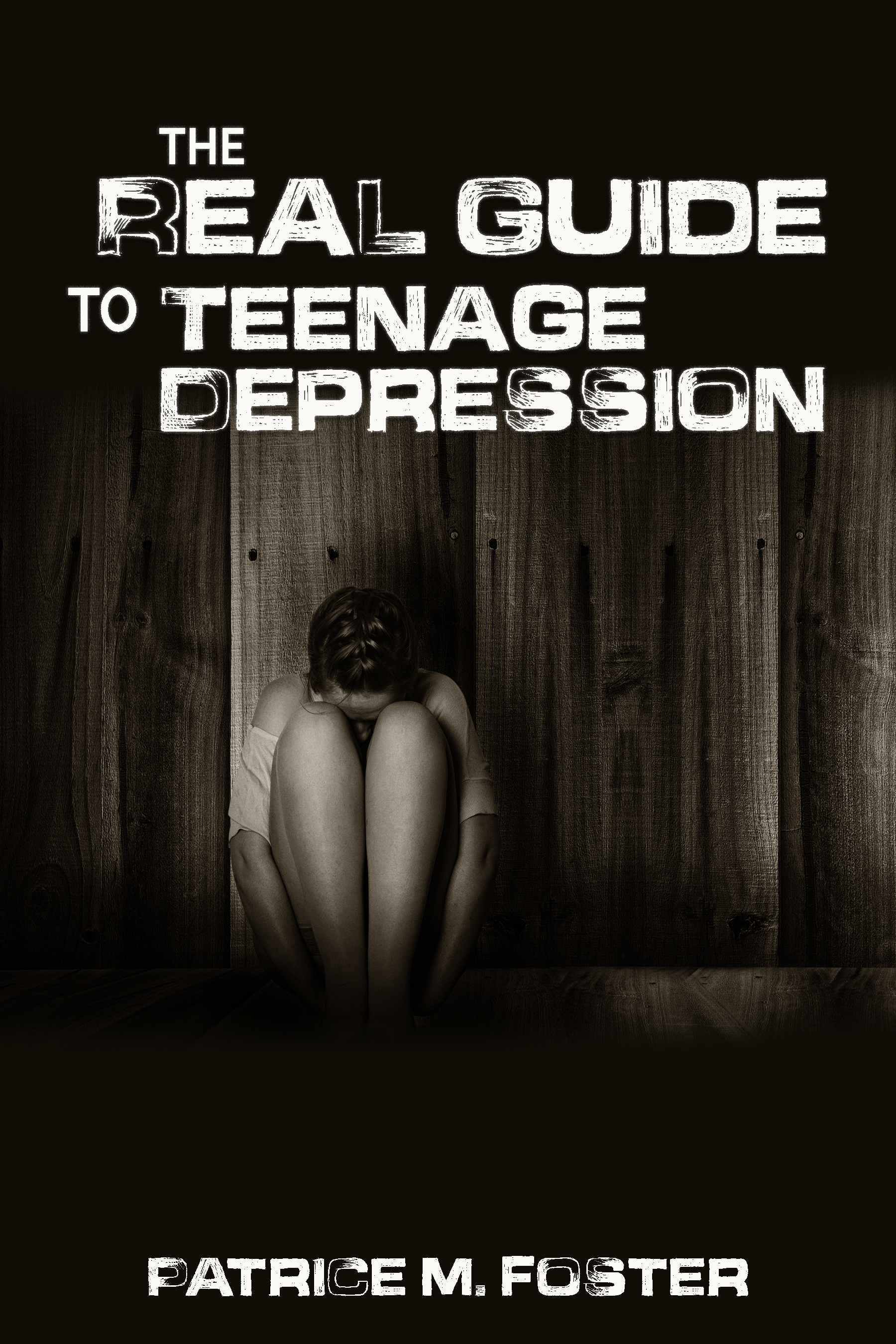The Dark Side of Depression in Teens

A Silent Crisis
In the United States, about 1 in 5 teens struggles with depression. It’s more than just sadness—it’s a serious mental illness that, left untreated, can lead to isolation, self-harm, academic decline, or worse. Depression in teens doesn’t always look the way we expect. Some teens may seem moody. Others may just withdraw or seem “off.”
But make no mistake:
Teen depression is real, urgent, and deeply concerning.
What Is Teen Depression, Really?
Unlike occasional sadness, teenage depression is a medical condition. It’s persistent, often overwhelming, and changes how young people think, feel, and act.
It can make teens feel:
-
Worthless
-
Helpless
-
Hopeless about their future
-
Emotionally numb or invisible
Triggers: Grief and the Five Stages
Teens may fall into depression after emotional trauma or loss. Grief can lead directly to depressive disorders. The five stages of grief often echo what teens go through:
-
Denial – “I’m not sad.”
-
Anger – Constant irritability or sudden outbursts
-
Bargaining – “It’s my fault they’re gone.”
-
Depression – Internalized sadness becomes heavy and lasting
-
Acceptance – Eventually seeking help or beginning to heal
What to Watch For: Signs and Symptoms
Parents and caregivers must stay attuned to subtle changes in behavior. Symptoms of teen depression may include:
-
Persistent sadness or tearfulness
-
Low energy and chronic fatigue
-
Withdrawal from family or friends
-
Loss of interest in once-enjoyed activities
-
Physical complaints (like headaches or stomach pain) with no medical cause
-
Risky behaviors: alcohol, drugs, even crime
-
Thoughts of death or self-harm
If these signs persist longer than two weeks, take action immediately.
Long-Term Impact
Unaddressed depression in teens can lead to:
-
Academic failure
-
Low self-esteem
-
Difficulty forming relationships
-
Long-lasting trauma or mental health disorders in adulthood
Some teens are also survivors of emotional or physical abuse, which can deepen the scars. When these experiences go untreated, they can result in lasting emotional pain that silently erodes a young person’s sense of identity.
What You Can Do Right Now
-
Talk and Listen – Start the conversation. Be nonjudgmental. Let them speak freely.
-
Take a Teen Depression Test – Free self-screenings can provide insight.
-
Seek Professional Help – Don’t wait. A therapist or counselor can make all the difference.
-
Keep Support Nearby – Share national helplines. These are lifelines for struggling teens:
📞 24/7 Crisis Hotlines:
-
1-800-SUICIDE
-
1-800-273-TALK (8255)
You are not alone. And neither is your teen.
Final Thought: Pay Attention, Take Action
Depression may hide behind a smile, a shrug, or silence. But the dark side of depression in teens is not invisible if we choose to look.
Let’s normalize asking:
“Are you okay?”
“What are you feeling today?”
“How can I help you feel heard?”
You could be the light in someone’s darkest hour.


This is really good post, thank you for sharing!
Great! You shared us a very interesting and informative piece of work. I learn a lot here. Thanks for sharing.
This is a very good post. I wonder and worry about the young girls in our family that it may be a genetic, learned from other friends behavior, or just a phase issue. I try to stay positive,understanding, loving, and supportive. This is a great resource. Thank you for sharing.
Amy, Some people may think it is a phase these teens are going through but it’s not so ….A real Mental Disorder. We as parent just have to give them lots of loving support.
Lots of good info. Fantastic and helpful post.
Debbie, Thank you for your comment.
Thank you for sharing this post. My son was one of the happiest people in the world until he reached his teen years. He went through a phase of depression and I took him to get help. He overcame it and is a successful husband and father now.
Terri, Teens years are diffulty just keep give your son extra support and love.